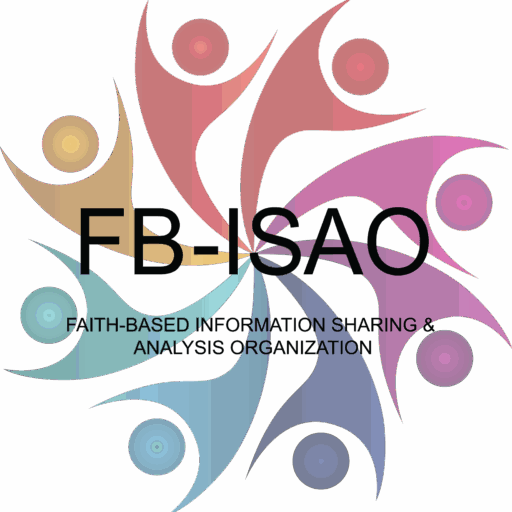September 2020: FB-ISAO Physical Threat Level Remains SEVERE; Cyber Threat Level Remains GUARDED
The TIG has determined to maintain the Physical Threat Level at “SEVERE.” SEVERE means an event is highly likely. The TIG will continue to assess the Physical Threat Level and provide updates accordingly. This determination is valid thr...
